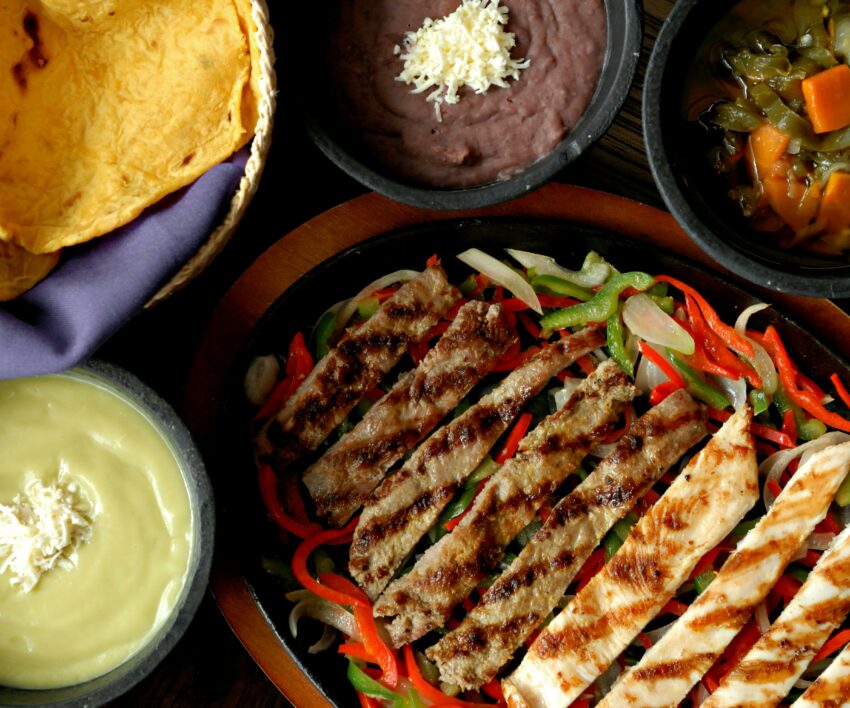
The continuous consumption of hot and spicy foods is often something that most people prefer to avoid – and with valid reasoning.
Aside from creating a flavourful, yet burning sensation on the taste buds of one’s tongue, the multiple additional effects that come along with spicy food may not be pleasant to the body. These often include side effects such as digestive discomfort, heartburn, and pain, causing what could have been a pleasant day to be a miserable one.
However, eating spicy food is not entirely bad, despite what some statistics may reveal. The reputable medical publication WebMD highlights that acid reflux and heartburn can be avoided by sticking to smaller meal portions.
According to the above-mentioned publication, it remains debatable whether spicy foods alone can be credited as the main trigger of heartburn. This is because it has been proven that there are several foods that exist that play their part in creating this discomfort.
“Researchers have compiled a long list of foods that seem to trigger heartburn. These include alcohol, citrus fruits and juices, carbonated beverages, coffee and caffeine, chocolate, tomato sauce, fatty foods, mint, and, of course, spicy foods.”
“But no single food stands out,” says Anish Sheth, MD, assistant professor of medicine at Yale University in conversation with the above-mentioned publication.
In contrast, researchers have determined that consuming hot and spicy foods comes along with multiple benefits.
Here are four benefits of spicy foods as highlighted by health and wellness publication, Healthline:
- Spicy food boosts longevity – A large 2015 study by Harvard and the China National Center for Disease Control and Prevention found that eating spicy meals almost daily reduced mortality risk by about 14%.
- They speed up metabolism – According to Healthline, research shows spices like cumin, cinnamon, turmeric, peppers, and chilies can raise metabolism and curb appetite.
- Natural anti-inflammatory effects – Turmeric’s star compound, curcumin, is known for reducing inflammation. Meanwhile, ginger and garlic have been staples in Ayurvedic medicine for centuries, helping with everything from arthritis to nausea and headaches, explains the above-mentioned source.
- Antibacterial protection – Cumin and turmeric contain antioxidant and antimicrobial properties that help the body fight off harmful bacteria.
So not all things hot and spicy are bad, some contain certain superpowers that our body needs to fight off harmful bacteria.
Also see: Immerse your taste buds in these local heritage foods




